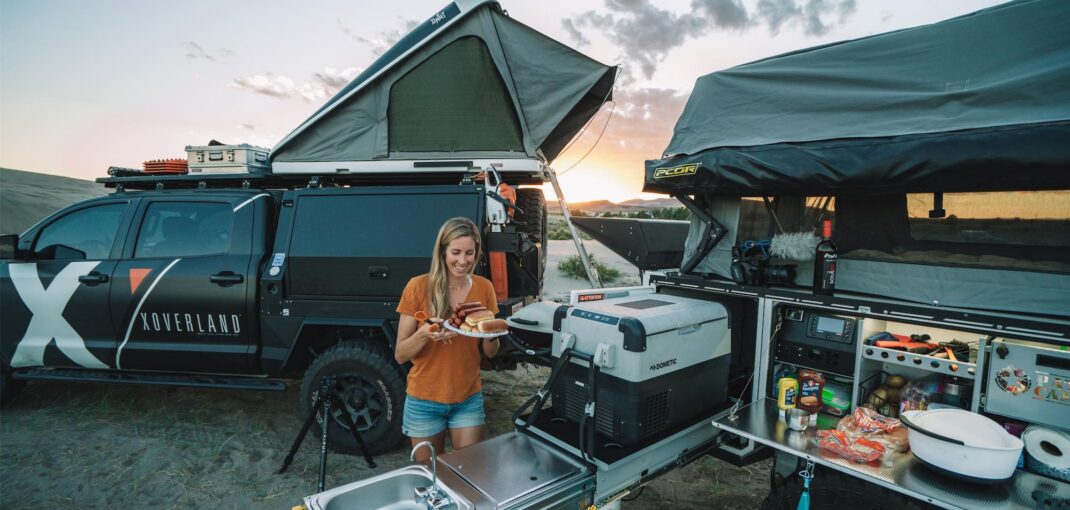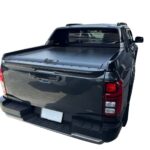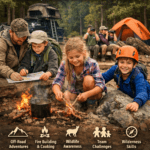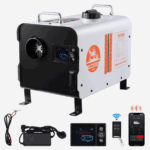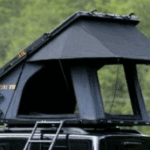When packing meals for your overlanding journey, you must remember that there are no grocery stores or convenience stores around to stop in and pick up something you missed. This means you will be living out of a small cooler and freezer box with limited space for groceries. You will also want to prevent food from spoiling which would, in turn, attract unwanted wildlife.
- Think Through Ingredients
When going shopping, consider what ingredients you can use in multiple different dishes. Multi purpose items means less individual foods that take up space in your small coolers, and less to go to waste. The longer you are away on your overlanding adventure, the more you should know what you are making each day so you have everything you need. Once you have chosen your meals, consider what you will need to make them, such as oil, tin foil, spices, etc. You don’t want to forget a crucial element that will then make it difficult for you to prepare meals at camp.
- Prep in Advance
You will want to wash all your ingredients before you leave, so you don’t have to use water from your camp containers. To make your camp meals even easier, consider chopping all ingredients and portioning them out before you leave. This will also help save time on the nights you get to camp late. For example, don’t take the whole bunch of celery when you only need two stalks.
- Be Realistic About Water Use
It is said that you only really need one gallon of water per person, per day on your overlanding trip. This includes water for drinking, cooking, cleaning, and personal hygiene. You should consider how much water your vehicle can handle safely without exceeding its capacity. You do not want to have your vehicle’s center of gravity too high or it could place you off balance when you are 4x4ing. If there is the option to bring water treatment tablets, or buy a pump to clarify the water you find on your journey, it will help to cut back on what you bring. This can depend on where you are going and the safety of the water in the area. You be the judge of it all.
- Food and Water Storage
You will want to have a set up of either some sort of storage bins, or a built- in drawer in your overlanding vehicle to store all your dry goods. This will help organize, contain, and protect items including canned, dried, and otherwise packaged foods or ingredients. Next is your refrigerated and frozen goods. You will want to get a cooler that is big enough for all your perishable goods. You do not need to have a cooler that includes a freezer section, but it can be very useful for longer trips. There are some coolers that are both AC and DC powered. Lastly, there are many different sizes and styles of jerry cans for water storage, but you must also remember to bring water bottles. Preferably thermal water jugs to keep your water cool throughout the day.
Conclusion
Cooking a meal while overlanding should not be a hassle. If you plan out your meals, prepare them a bit, and keep them properly stored, you will be set. For meals and water usage you will learn as you go. The more overlanding trips, the more you will know what you need and what works. Visit Kermodeoverland.com for your kitchen and camping needs.

